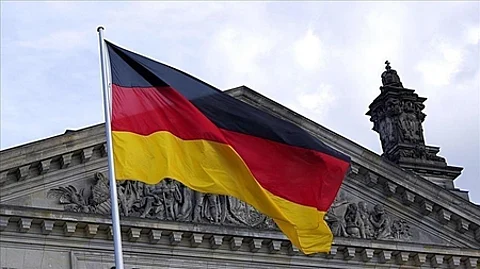

Germany is capitalising on the current uncertainty in international student visa policies by aggressively courting Indian students with promises of stability and transparency, according to a report by The Economic Times.
The country has witnessed a remarkable 35% jump in university applications from Indian students in recent months, as reported by the German Embassy in India. This surge comes at a time when the US has imposed a freeze on student visa appointments and expanded social media screening requirements.
German Ambassador Dr Philipp Ackermann made it clear during a press conference in New Delhi that Germany offers what other destinations apparently don't: predictability. "We are not erratic and volatile," he stated, taking what appeared to be a veiled swipe at countries implementing stricter visa policies.
The ambassador emphasised Germany's non-intrusive approach, noting that, unlike some other nations, "We don't check your social media before you arrive." This statement gains significance against the backdrop of the Trump administration's directive to US embassies worldwide to halt student visa appointments while preparing enhanced social media vetting procedures.
Currently, approximately 50,000 Indian students are pursuing their education in Germany, placing it among the top five preferred destinations after the traditional favourites of the US, Canada, the UK, and Australia.
Germany's educational value proposition extends beyond visa stability alone. Most state-run German universities charge minimal or no tuition fees, a stark contrast to the hefty costs associated with Anglo-Saxon educational systems. "We believe education is a public good, not a business opportunity," Ackermann declared.
Dr Katja Lasch from the German Academic Exchange Service (DAAD) advised Indian students to bypass commercial agents and apply directly through university websites, emphasising the transparency of the German system. The country offers over 2,300 English-language programmes and provides substantial support for PhD candidates.
Post-graduation opportunities also appear attractive, with students receiving an 18-month job search window and straightforward residence permit extensions upon employment. This comes as Germany faces a critical shortage of skilled professionals, particularly in Science, Technology, Engineering, and Mathematics (STEM) fields.
The timing of Germany's aggressive outreach couldn't be more strategic, as international students worldwide grapple with increasingly complex visa processes and unpredictable policy changes in traditional study destinations.
